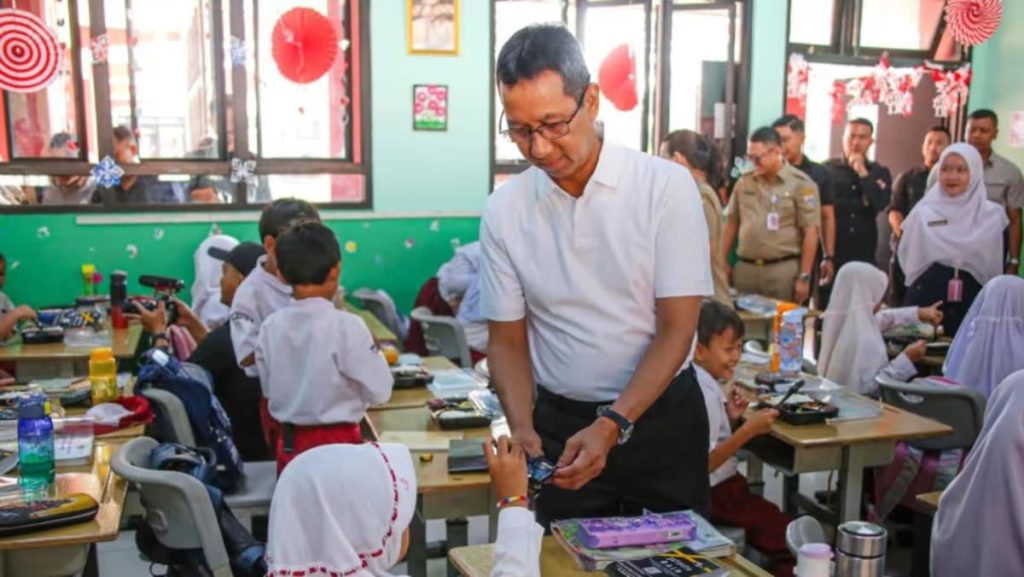The Indonesian government is expanding its proposed free meal programme to include pregnant women, breastfeeding mothers, and toddlers starting in 2025. Originally aimed at addressing child malnutrition, the programme, known as the Free Nutritious Meal Programme, will now also target improving nutritional standards, cognitive development, and combatting stunting. The government has allocated 197.8 trillion rupiah to the health budget for next year, with a focus on stunting prevention. Stunting is characterized by impaired growth and development due to poor nutrition, repeated infections, and inadequate psychosocial stimulation.
Indonesia has made progress in reducing stunting rates from 37.2 percent to 21.5 percent over the past decade, but there is a need to accelerate this progress. The programme, a flagship initiative of President-elect Prabowo Subianto, initially targeted preschoolers, school students, and students at religious schools. It was rebranded from the Free Lunch programme to the Free Nutritious Meal Programme in May, with the aim of improving nutritional intake, school attendance, academic performance, and reducing dropout rates among students.
The programme also aims to stimulate economic growth by around 0.10 percent and create approximately 820,000 job opportunities through the empowerment of local micro, small, and medium enterprises (MSMEs). It will be implemented through public kitchens with the involvement of MSMEs. For 2025, 71 trillion rupiah has been allocated for the programme to cover food costs, distribution, and operational expenses of the newly established National Nutrition Agency. The programme is currently being piloted in Jakarta, West Java, Central Java, and East Java before a wider implementation next year.
Finance Minister Sri Mulyani Indrawati announced the expansion of the free meal programme during a plenary session of the Indonesian House of Representatives, stating that it would help improve nutritional standards, enhance cognitive development, and combat stunting. The government’s focus on stunting prevention is in line with global efforts to address child malnutrition and its long-term impacts on health and development. The programme’s all-encompassing approach, covering pregnant women, breastfeeding mothers, toddlers, and school students, highlights the government’s commitment to ensuring the well-being of its population. By targeting multiple vulnerable groups, the programme aims to have a significant impact on reducing malnutrition and improving overall health outcomes in Indonesia.


